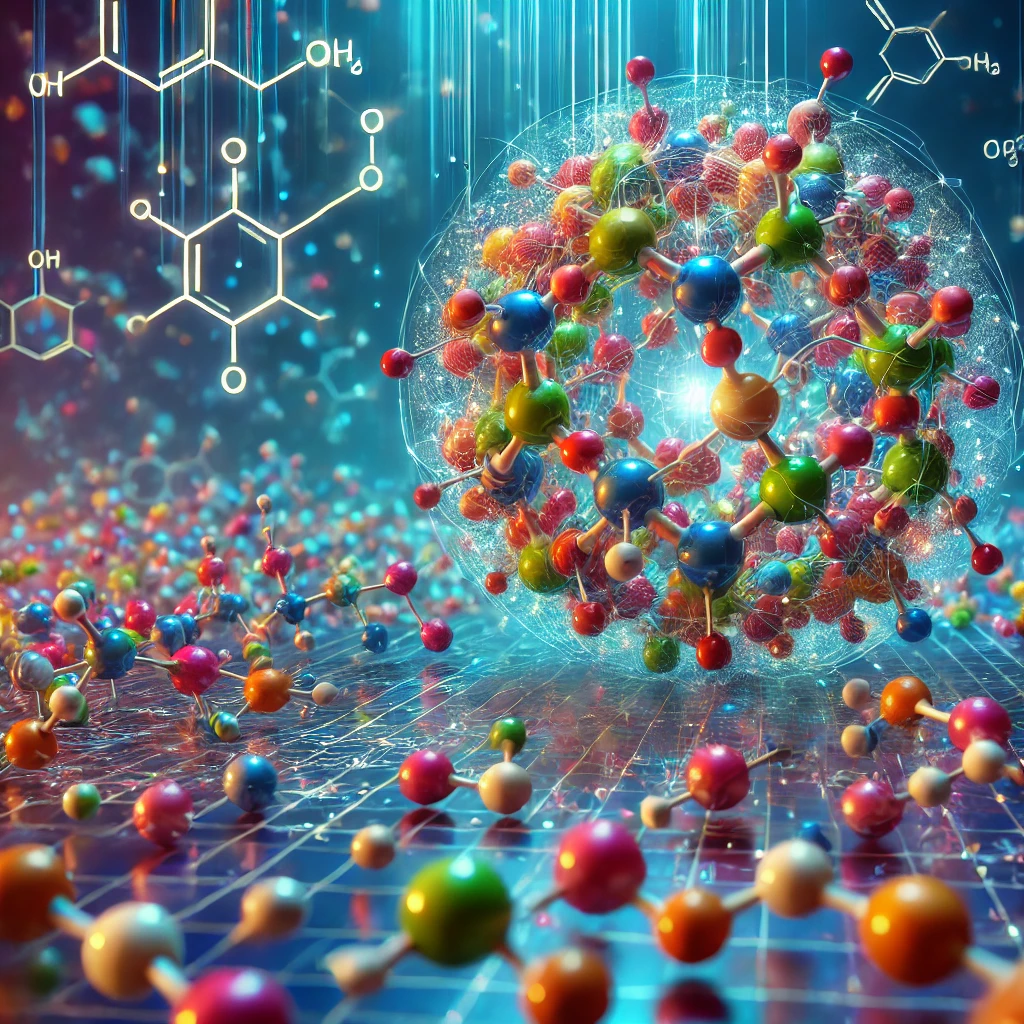
What Are Amino Acids? A Beginner’s Guide
Amino acids are often called the “building blocks of life,” but what does that really mean? Whether you’re interested in fitness, nutrition, or simply improving your overall health, understanding amino acids can help you make better dietary choices. This beginner’s guide will break down everything you need to know about amino acids, their importance, how they work, and how to ensure you’re getting enough.
What Are Amino Acids?
Amino acids are organic compounds that combine to form proteins. They play a vital role in nearly every biological function, from building and repairing tissues to producing hormones and enzymes. Without amino acids, our bodies wouldn’t be able to function properly.
There are 20 amino acids that the body needs to function, and these are classified into three main categories:
- Essential Amino Acids – These must be obtained from food because the body cannot produce them.
- Non-Essential Amino Acids – The body can produce these on its own.
- Conditional Amino Acids – These are usually not essential but become necessary in times of illness or stress.
Types of Amino Acids
1. Essential Amino Acids
There are nine essential amino acids that our bodies cannot synthesize on their own. These must be obtained through diet. They include:
- Histidine
- Isoleucine
- Leucine
- Lysine
- Methionine
- Phenylalanine
- Threonine
- Tryptophan
- Valine
Foods rich in essential amino acids include lean meats, fish, eggs, dairy, soy, and certain plant-based sources like quinoa and buckwheat.
2. Non-Essential Amino Acids
The body can synthesize non-essential amino acids, which means you don’t necessarily need to get them from food. These include:
- Alanine
- Asparagine
- Aspartic Acid
- Glutamic Acid
3. Conditional Amino Acids
Conditional amino acids are typically required only in times of stress, illness, or injury. Examples include:
- Arginine
- Cysteine
- Glutamine
- Tyrosine
- Proline
- Serine
- Glycine
Why Are Amino Acids Important?
Amino acids are vital for numerous bodily functions. Here are some of their key roles:
-
Muscle Growth and Repair
Amino acids, especially branched-chain amino acids (BCAAs) like leucine, isoleucine, and valine, play a crucial role in muscle repair and growth. -
Energy Production
The body can use amino acids as a source of energy when needed. -
Immune System Support
Certain amino acids, such as glutamine, support immune function and help fight infections. -
Improved Mental Health
Amino acids like tryptophan contribute to serotonin production, which regulates mood, sleep, and stress levels. -
Better Digestion
Amino acids are key components of digestive enzymes that help break down food into nutrients.
Best Sources of Amino Acids
To maintain optimal health, you need to get enough amino acids through a well-balanced diet. Here are some excellent sources:
Animal-Based Sources
- Chicken
- Beef
- Fish
- Eggs
- Dairy (Milk, Cheese, Yogurt)
Plant-Based Sources
- Quinoa
- Soy Products (Tofu, Tempeh, Edamame)
- Lentils
- Chickpeas
- Nuts and Seeds
- Whole Grains
For vegetarians and vegans, consuming a variety of plant-based protein sources is crucial to ensure they get all essential amino acids.
Amino Acid Supplements: Are They Necessary?
While a balanced diet should provide all the amino acids you need, some people benefit from supplements, especially athletes, bodybuilders, and those with dietary restrictions.
Popular Amino Acid Supplements
- BCAAs (Branched-Chain Amino Acids): Often used to support muscle recovery.
- Glutamine: Helps with muscle repair and immune function.
- L-Arginine: Known for boosting circulation and heart health.
- L-Tryptophan: Used for better sleep and mood regulation.
Before taking supplements, consult with a healthcare professional to determine whether they are right for you.
Frequently Asked Questions (FAQs)
1. Can You Get All Essential Amino Acids from a Vegan Diet?
Yes, but it requires careful planning. Foods like quinoa, soy, and a combination of legumes and grains can provide a full spectrum of essential amino acids.
2. What Happens If You Don’t Get Enough Amino Acids?
A deficiency in amino acids can lead to muscle loss, weakened immune function, fatigue, and poor recovery after exercise.
3. Are Amino Acid Supplements Safe?
Most amino acid supplements are safe when taken as directed. However, excessive intake can lead to imbalances and digestive issues.
4. Can Amino Acids Help with Weight Loss?
Certain amino acids, like leucine, help preserve muscle mass while promoting fat loss, making them beneficial in a weight loss diet.
5. When Is the Best Time to Take Amino Acids?
For muscle recovery, amino acids are best taken before or after workouts. Some amino acids, like tryptophan, are best taken before bedtime for improved sleep.
6. How Can I Tell If I’m Getting Enough Amino Acids?
If you are eating a varied, protein-rich diet, you are likely getting enough. However, symptoms like fatigue, slow recovery, or frequent illness may indicate a deficiency.
Final Thoughts
Amino acids are fundamental to good health, influencing everything from muscle growth to mood regulation. Whether you get them through food or supplements, ensuring adequate intake is key to maintaining energy, strength, and overall wellness. By eating a balanced diet rich in high-quality proteins, you can optimize your amino acid intake and support your body’s vital functions.
If you’re considering amino acid supplements, consult with a healthcare provider to determine the best approach for your needs. Prioritizing amino acids in your diet is a simple yet effective way to enhance your overall well-being.
YOU CAN STUDY MORE ABOUT AMINO ACID HERE ON HEALTHLINE
You can also check out Professor Dave Explains video here
https://www.youtube.com/watch?v=J6R8zDAl_vw&t=56s